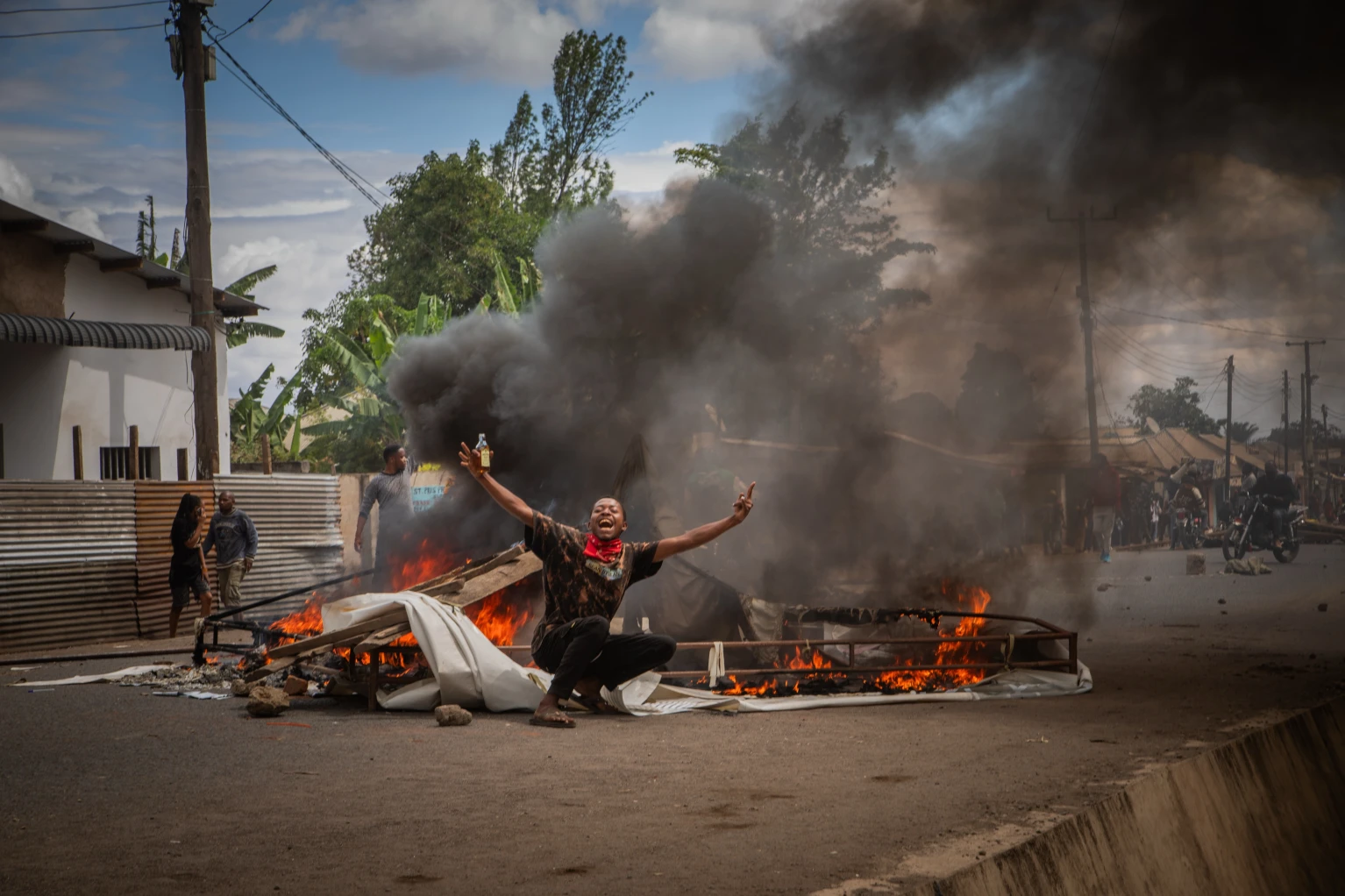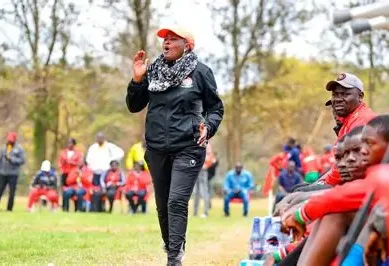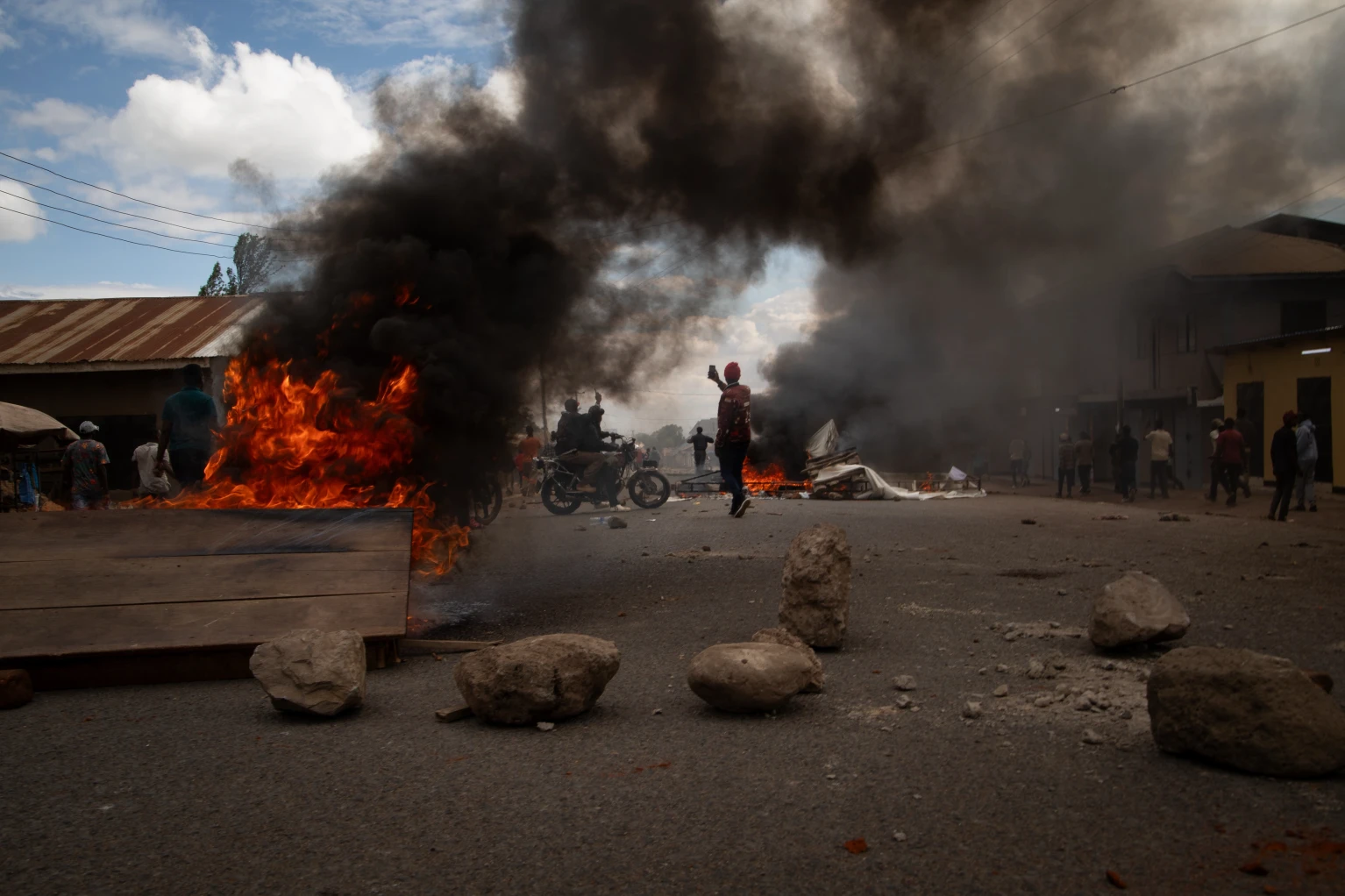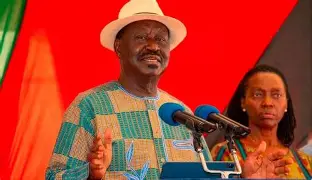
There is growing apprehension in Tanzania that m the military buying time before it announces the ouster of disgraced President Samia Suluhu Hassan following serious allegations of human rights abuses that include assassinations of opponents, state-enforced disappearances and extra-judicial killings.
In videos circulating online, Tanzania People’s Defence Forces (TPDF) soldiers that have been deployed to guard key state installations and major roads are seen mingling freely with the ordinary people, symbolising a rapprochement with the electorate that has sent ominous signals readiness to resolve the impasse by taking the reins of power from President Suluhu Hassan.
She is under pressure to quit on the back of bitterly disputed presidential election in which her strongest opponents were locked out on allegations treason.
The scenes in commercial capital Dar s Salaam, Arusha in the north, Mbeya in the south, Mwanza in northwest and northern frontier town of Sirare, were reminiscent of what happened in Madagascar before President Andry Rajoelina fled to France under the cover of night.
On Thursday evening, there were unqualified rumours that some senior officials of Suluhu Hassan government had fled the country fearing a coup. There were similar rumours about former President Jakaya Kikwete having fled the country after his businesses in major towns were targeted and vandalised by protesters.
A similar situation to what is happening in Tanzania is also currently unfolding in Cameroon where 92-yar old Paul Biya – in power since 1982 – was early this week declared winner, sparking protests that have since received the support of the military. Like President Suluhi Hassan, President Biya – who spends more than 80 per cent of his time in France – had used the courts, police and electoral commission to arbitrarily lock out opponents.
The irony in Tanzanian, though, is that the state is enforcing an internet blackout that has made it difficult to respond to the rumours in time.
At around 9pm (6:00 GMT) on Thursday, TPDF Chief of General Staff, Gen Jacob J, Nkunda, went on Tanzania Broadcasting Corporation (TBC) to warn protesters against unauthorised demonstrations. It was not clear why Gen Nkunda was issuing orders on a matter that is clearly civilian and therefore under the remit of the inspector general of police.
The demonstrators made it clar that they were opposed to President Suluhu Hassan leadership following her unorthodox tactics that locked hr opponents out of the polls.
Tanzania’s government has shut down the internet and deployed police to the streets, after widespread protests against an election that saw a crackdown on dissent and the killing or disappearance of opposition figures.
Crowds in several big cities, including Dar es Salaam, the commercial capital, and Arusha, a tourist gateway, chanted for the army to take over the country, in what some describe as the biggest challenge to the ruling party since independence in 1961.
Amnesty International reported two people had been killed, though campaigners monitoring video footage said the final death toll was likely to be much higher.
“Nothing like this has ever happened and no one expected it,” said the relative of a prominent jailed opposition leader, who spoke on condition of anonymity because of fear of the authorities. “There is a huge call for the military to take over, draw up a new constitution and hold fresh elections,” he said.
Authorities shut down virtually all dissent in the run-up to the polls, jailing opposition leader Tundu Lissu on treason charges and banning his party. Other opposition figures have been killed or disappeared and only relatively unknown political parties allowed to stand.
A montage of human rights activists holding a ‘March for Justice in Tanzania’ outside the IMF and World Bank annual meetings in Washington, urging world leaders to act against Tanzania’s worsening human rights crisis and the disappearance of critics under President Samia Suluhu Hassan, centre background
Vote counting began on Thursday after Wednesday’s election in which turnout was low and some polling stations were attacked by protesters. Early results showed President Samia Suluhu Hassan, who is seeking a second term, winning 95 per cent of the vote in south-western Mbeya province and comfortably ahead in her home region of Zanzibar.
Tanzania’s Chama Cha Mapinduzi party and its forerunner have been in power for more than six decades in Tanzania, though it has gone through the motions of holding multi-party elections since 1995.
Demonstrators in Dar defied a curfew on Wednesday night and came out again in force on Thursday. The US embassy reported that the main road to the airport was closed, while there were reports of protesters occupying the airport at one stage.
Civil rights campaigners said there was evidence of gunfire including in the second-largest city Mwanza, and some videos appeared to show the army intervening on the side of demonstrators to prevent the police from firing, though the internet shutdown made verification difficult. “When the police saw the military coming they pulled back,” said one rights activist.
Tanzania, a country of 68mn people where the median age is 17.5, is the latest to be rocked by youth-led protests. In recent weeks, Gen Z protesters have helped topple regimes in Nepal and Madagascar, while in Cameroon young people are challenging the re-election this week of 92-year-old Paul Biya for an eighth term.
A montage of human rights activists holding a ‘March for Justice in Tanzania’ outside the IMF and World Bank annual meetings in Washington, urging world leaders to act against Tanzania’s worsening human rights crisis and the disappearance of critics under President Samia Suluhu Hassan, centre background
The protests were “people-led not political party led”, said Maria Sarungi Tsehai, a campaigner. “It’s a call to reject the sham election.”
Tsehai said that anger had spilled over because of the brutality and blatant election fixing of Suluhu Hassan, who was once viewed as a potential reformer. The question, she said, was whether the army would defend the regime or side with the people.
Fergus Kell, a Tanzania expert at Chatham House, the UK think-tank, said the army was relatively trusted by Tanzanians and that recent repression had largely come from the police and security services.
But he said the government was not as vulnerable to street protests as in some countries. “There are some elements to connect this narrative with what’s been going on in Madagascar and elsewhere,” he said. “But we need to be cautious about reading too much into it at this stage.”
- A Tell Media report / Addition reporting by Financial Times








